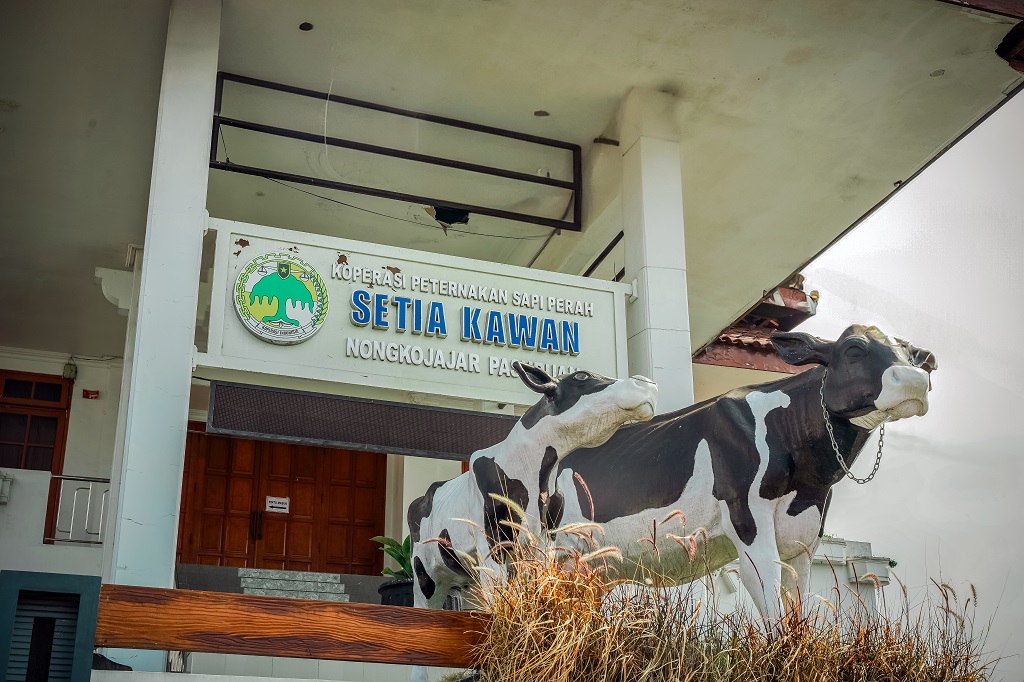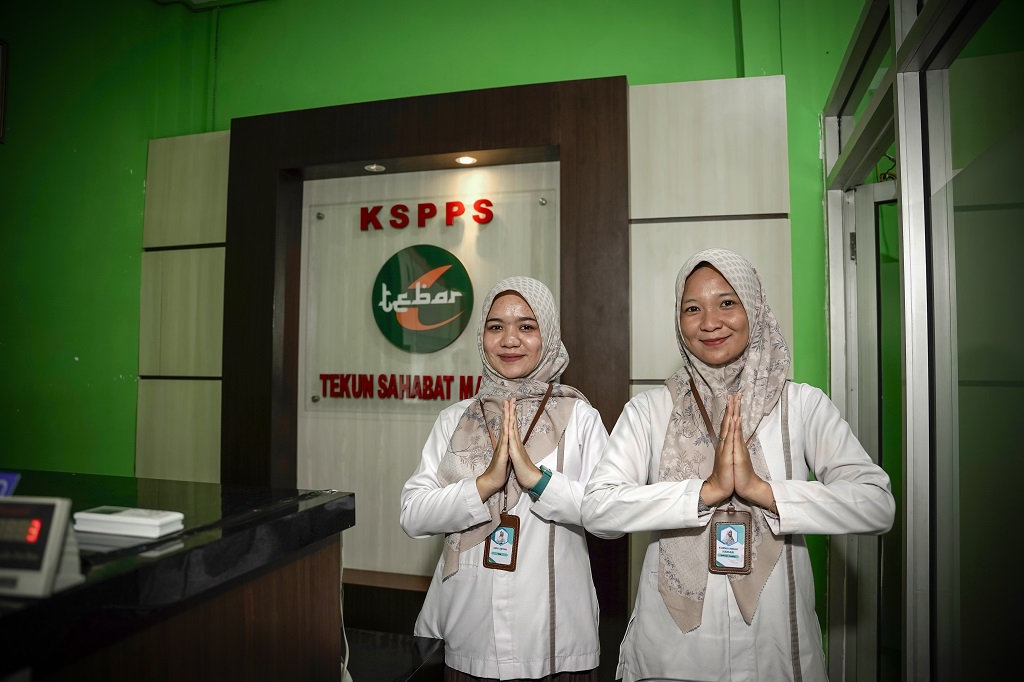Cooperatives in Transition: Bridging Generations through Transformation

As we approach National Cooperative Day on July 12, it’s time to reflect on the evolving role of cooperatives in today’s rapidly digitizing world and shifting financial behaviors. One of the biggest challenges is the generation gap. For Baby Boomers and some of Generation X, cooperatives symbolize economic solidarity—community-based financial institutions built on values of mutual assistance, consensus, and shared ownership. In contrast, Millennials and Gen Z, now the dominant productive-age population, often see cooperatives as outdated and lagging behind modern financial technology.
This gap is not without cause. Cooperatives are largely absent from modern education systems, often perceived as bureaucratic, inflexible, and lacking innovation. Younger generations, raised in a fast-paced digital world, are more familiar with digital wallets,instant loans, mobile investments, and buy-now-pay-later platforms. For them, financial services must be efficient, accessible, personalized, and fast. Cooperatives, unless they adapt, risk becoming irrelevant in their eyes.

But this isn’t the end of the cooperative story—it’s a turning point. Cooperatives have the potential to evolve into modern, transparent, community-driven financial institutions. By digitizing services, involving young people as members and leaders, and partnering with fintech startups, cooperatives can stay relevant and impactful. Millennials and Gen Z are not a threat—they are the future lifeblood of the cooperative movement, if given the opportunity to co-create its transformation.
As part of the Indonesia Berdaya vision, Rumah Energi champions the growth of green cooperatives—institutions that are not only technologically adaptive but also rooted in sustainability and social equity. This is the future of cooperatives: economically resilient, environmentally conscious, and generationally inclusive. With a spirit of collaboration and innovation, green cooperatives can bridge generational divides and become a foundation for a more empowered, sustainable Indonesia.
Written by: Jenni Irene Connie
Edited by: Fauzan Ramadhan

